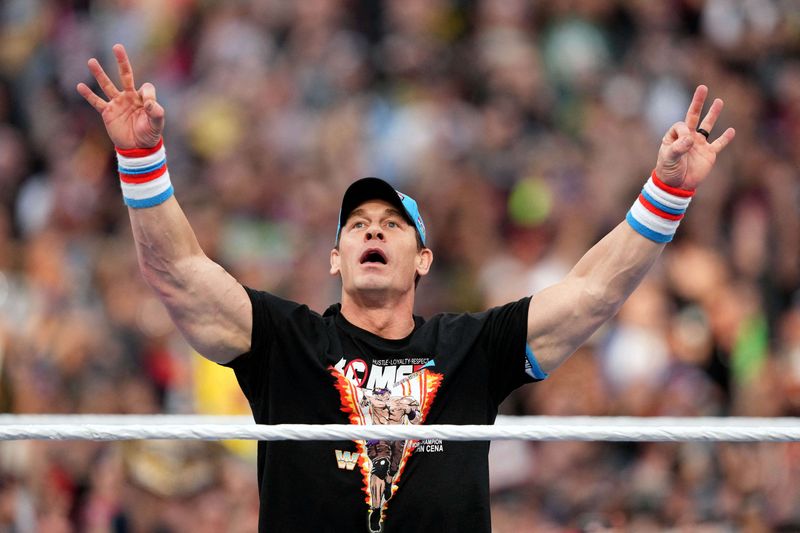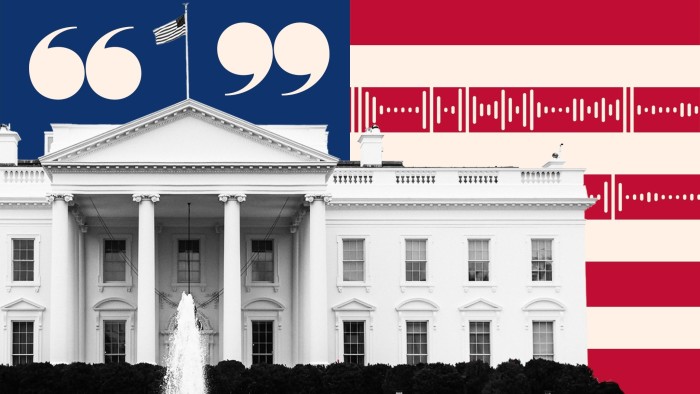Prime Minister Rishi Sunak was deemed to have narrowly edged a fractious live television debate with Labour leader Sir Keir Starmer on Tuesday, dominated by the issues of tax and immigration.
Sunak, the Conservative underdog in Britain’s election campaign, came out fighting and, according to a snap YouGov poll, he won the contest by a margin of 51-49, a success for a prime minister who has been on the ropes.
The confrontation came in the first set-piece debate of the general election campaign between Sunak and Starmer, an hour-long encounter in Manchester broadcast by ITV on primetime television.
Sunak promised he would “cut your taxes, protect your pension and reduce immigration”, repeatedly hammering a heavily disputed claim that Labour would put up taxes by £2,000 for every working household.
“With Keir Starmer, apart from higher taxes, you don’t know what you’ll get and neither does he,” Sunak claimed. His punchy performance raised Tory spirits but it remains to be seen if it can transform the campaign.
Starmer said he would end “the chaos and division we’ve seen over the last 14 years”, trying to present his Tory opponent as out of touch with the country he governs: “He lives in a different world,” the Labour leader said.
Sunak’s main line of attack on Starmer was his assertion that a Labour government would hike taxes by £2,000 per household because of unfunded spending commitments.
Sunak’s repeated claim, which the Tory leader said was based on an assessment of Labour’s plans by “independent Treasury civil servants”, was ridiculed by Starmer as “absolute garbage”.
The Labour leader said it was based on Conservative ministers giving “pretend Labour policies to the Treasury and then they get a false readout”. Starmer said all of his promises were fully costed.
“All you can do is talk about the past,” Sunak said in tetchy closing exchanges.
“I do appreciate why he doesn’t want to talk about the last 14 years,” Starmer responded. “He’s ashamed.”
Although Sunak’s team said before the event they did not expect it to be a “game-changer”, the prime minister badly needed to land some blows on his opponent to change the course of the campaign.
Sunak’s Conservatives trail the Labour opposition by more than 20 points in opinion polls and the prime minister’s personal ratings are even worse than those of his party.
A new, highly detailed “MRP” poll by Survation on Tuesday put Labour on course for a record-breaking majority with 487 seats compared with just 71 for the Conservatives.
In that context, Sunak outperformed many expectations in the debate. “He’s very happy,” said one Tory official. But more granular polling by YouGov presented a less favourable picture for the prime minister.
Starmer was deemed by viewers to be more trustworthy than Sunak (49/39 per cent), more likeable (50/34), and more in touch (66/17). However, Sunak was seen as more prime ministerial by a margin of 43/40.
Some of the most feisty exchanges in the TV studio were on migration, with Sunak saying he could pull Britain out of the European Court of Human Rights if it blocked his plan to deport some asylum seekers to Rwanda.
“I’ve been crystal clear — I will choose our country’s security ahead of membership of a foreign court every single time,” Sunak said. Starmer rejected that approach, saying he wanted Britain to be “a respected player on the world stage, not a pariah”.
Sunak claimed Britain would be less secure under a Labour government, prompting Starmer to say: “This is shocking.” The Labour leader could be heard sighing in exasperated fashion off-camera throughout the debate.
The prime minister claimed that Starmer had defended “extremists” during his time as a human rights lawyer, a familiar accusation that the Labour leader called “desperate”.
On climate change, Sunak said he had taken “bold” decisions that would mean Britain meets its obligations while protecting the budgets of hard-pressed families. Starmer vowed that Britain would “win the race” to develop renewable energy under a Labour government.
Both leaders were accompanied by “spin teams”, trying to shape media coverage. Shadow cabinet members Wes Streeting and Jonathan Ashworth were among Labour’s team, while Sunak fielded ministers including Michael Gove and Claire Coutinho.
“Keir Starmer was flat on the canvas at the end of it,” Gove said after the event. Labour spinners focused on denying Sunak’s claimed £2,000 of alleged tax rises under Starmer.
On top of the Manchester event, Starmer has so far only agreed to one other head-to-head debate with Sunak before polling day on July 4 — a BBC event in Nottingham on June 26 — as he tries to minimise political risk.
Sunak, seeking to come from behind in the contest, had sought at least half a dozen debates with Starmer in the hope that he could expose the Labour leader’s “lack of a plan” and his “flip-flopping” on policy issues.
Labour rejects assumptions in Tory tax claims

Rishi Sunak sought to throw Sir Keir Starmer off guard during the ITV televised debate by repeating a claim — more than 10 times — that a Labour government would put up taxes by £2,000 per household.
That number comes from a calculation that Labour firmly rejected three weeks ago.
Tory officials said they were surprised by how long it took Starmer to dismiss the claim as “absolute garbage” during the course of the debate, seeing it as proof of the Labour leader’s flat-footed debating skills.
The claim was first put forward by chancellor Jeremy Hunt on May 17 when he said Starmer’s spending plans had a £38bn fiscal hole.
Hunt said “independent, official costings” of 50 Labour policies had identified unfunded spending pledges that he argued could mean that taxes rose by £2,100 per working household under a Starmer administration.
But Labour at the time described the calculations as “desperate”. Although the figures were calculated by Treasury officials, they relied on “assumptions from special advisers” rather than an impartial civil service assessment.
On Tuesday night Labour pointed to more than a dozen flawed elements in the dossier.
For example, the Tory claims drew in the costs of a “golden hello” to recruit more dentists. “We did call for this, leading to a welcome change when the government adopted our policy,” said Labour. “The government do not appear to be aware that this is their own policy.”
The calculation also suggested that a Labour idea for “neighbourhood health centres” would mean that an incoming government would set up 42 new hubs over and above existing facilities. “This is not our policy,” said Labour.
The Tories claimed that Labour plans for a wave of insourcing public services would cost the taxpayer more money: the Treasury officials said they had “low confidence” in that assumption.
Meanwhile, the Tories suggested that halving the number of consultants working in Whitehall would cost money, which Labour describes as dubious.












































